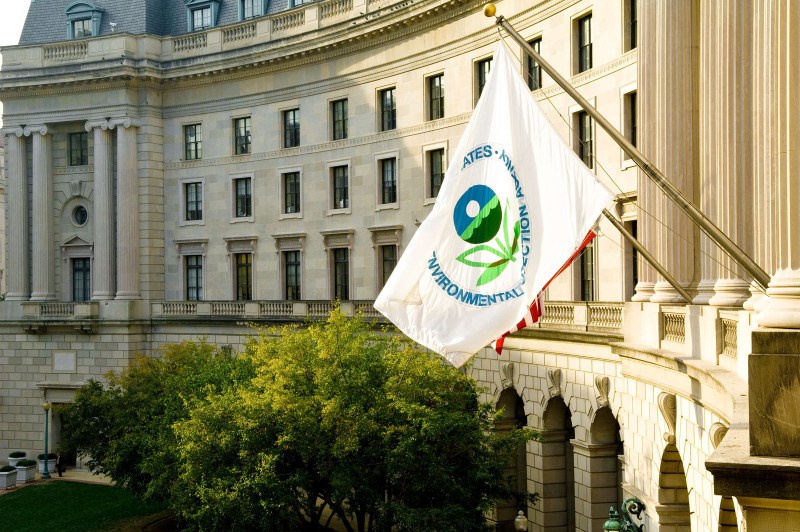Stanford professors have criticized the Trump administration’s repeal of the Clean Power Plan, saying the move is a major step backward for policies aimed at reducing climate change and its dangerous consequences.
The Environmental Protection Agency (EPA) repealed the Obama-era Clean Power Plan (CPP) — which aimed at combating climate change — on June 19. The CPP was replaced by the Affordable Clean Energy (ACE) rule, which is much weaker in its action against climate change and as an environmental policy in general, professors have said.
“The existing scientific evidence is that the benefits — both domestically and globally — of implementing the Clean Power Plan would dramatically outweigh the costs of implementing it,” said assistant earth systems professor Marshall Burke.
EPA administrator Andrew Wheeler said Obama’s CPP “would have asked low- and middle-income Americans to bear the costs,” as it would have caused electricity prices to skyrocket.
Though repealing the CPP was a win for the Trump administration’s wide-ranging rollback of environmental regulations, the repeal also poses a great threat to the reduction of greenhouse gas emissions. Emissions are, in fact, on the rise, and they are a major component leading to an increase in the overall temperature of the atmosphere.
“Just the benefits from the air pollution reduction alone are enormous and likely to vastly exceed the costs of implementation,” Burke said.
Geological sciences professor Martin Grove wrote that one of ACE’s shortcomings will be a “major back-sliding on coal power plant emissions that is less than 1/2 as effective as the CPP.”
This is because the ACE rule prioritizes efficiency, specifically, heat rate improvement, Grove wrote. While power plants burning fossil fuels would be encouraged to produce more energy from the same amount of fuel — lowering the overall carbon intensity — there are potential consequences from doing so. It could potentially mean burning more fuels, such as coal and natural gases, which would increase the release of air pollutants, further driving detrimental health effects on Americans.
Additionally, under Trump, the EPA has taken steps to restrict scientific research. For example, many scientists on the advisory board of the EPA have lost their positions due to conflicts of interests they have with the Trump administration’s climate goals.
The EPA has argued that its research must be “reproducible,” which health advocates say would exclude information on singular environmental events like chemical runoffs. In turn, the regulations the EPA has placed on scientific research makes it easier to eliminate enforcement of policy that has had a lasting impact on the reduction of climate change.
Contact Chloe Kufield at ckufeld20 ‘at’ shschools.org.
